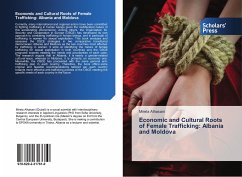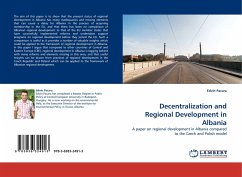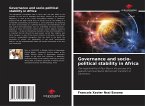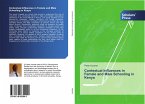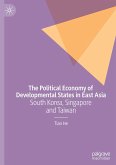Currently, many international and regional actors have been committed to fighting trafficking in human beings given the multifaceted nature of this accelerating phenomenon. Among others, the Organization for Security and Cooperation in Europe (OSCE) has developed its own approach to combating trafficking in human beings, and in particular of trafficking in women for sexual exploitation. This book analyzes and assesses the OSCE strategies in two comparative transitional democracies: Albania and Moldova as the two countries most effected by trafficking in women. It aims at identifying the nature of female trafficking for sexual exploitation in both countries and the OSCE programs towards meeting the needs and peculiarities of each case. The research argues that in Albania, it is mainly a gender-related cultural issue, whereas in Moldova, it is primarily an economic one. Meanwhile, the OSCE has proceeded with the same general anti-trafficking plan in each country. Therefore, the book offers some original and feasible recommendations tailored per each country towards more effective anti-trafficking policies of the OSCE meeting the specific needs of each country in the future.
Bitte wählen Sie Ihr Anliegen aus.
Rechnungen
Retourenschein anfordern
Bestellstatus
Storno

